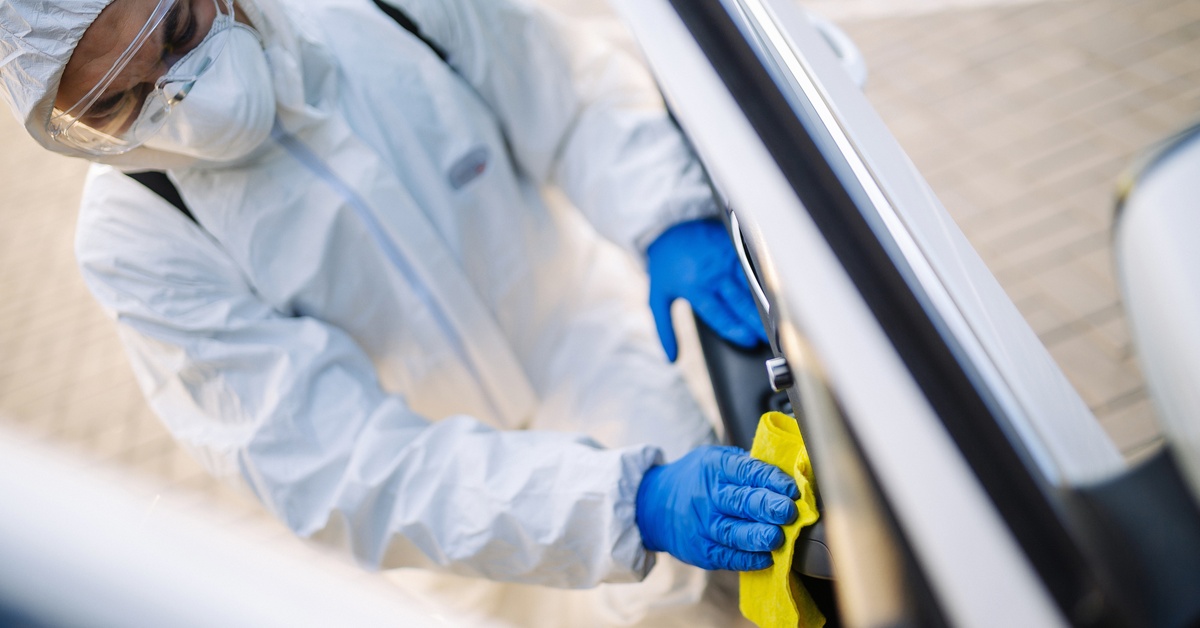
What Constitutes a Biohazard in a Vehicle?
When you hear the word “biohazard,” you might think of medical waste or laboratory spills. However, biohazards can also appear in more common places, such as your car. Any vehicle can become contaminated with dangerous biological materials after accidents, deaths, or even long-term neglect. Understanding what constitutes a biohazard in a vehicle is the first step in ensuring proper cleanup and safety.
Common Types of Vehicle Biohazards
A biohazard is any biological substance that poses a threat to human health. In a vehicle, biohazards can include blood, bodily fluids, feces, urine, vomit, or other potentially infectious materials. If these substances are present, the vehicle is no longer safe to use until you get it professionally decontaminated. Even small amounts of the above substances can harbor dangerous pathogens, including hepatitis B, hepatitis C, HIV, or harmful bacteria.
Common Situations That Lead to Vehicle Biohazards
Several situations can result in a vehicle being classified as a biohazard scene:
- Severe accidents involving injury or death often leave behind blood and other bodily fluids.
- If someone vomits, bleeds, or loses control of bodily functions in a vehicle, biological contamination can occur.
- An unattended death in a car, especially in hot weather, can quickly create an environment full of harmful pathogens.
- Needles, drug residue, and human waste are often present in vehicles used for illicit activities, posing biological and chemical risks.
- Animals that die in vehicles can release fluids and cause harmful microbial growth.
All of these cases demonstrate what constitutes a biohazard in a vehicle and why immediate action is necessary.
The Importance of Professional Cleaning
Trying to clean a biohazard-contaminated vehicle on your own is never advisable. Household cleaners can’t remove contaminants that have seeped into foam cushions, vents, or other hard-to-reach areas. If anything, improper cleaning can exacerbate the situation by spreading contaminants or increasing the risk of exposure.
Professionals trained in biohazard car cleaning use specialized equipment, personal protective gear, and EPA-approved disinfectants. They also understand how to remove porous materials when necessary and can properly dispose of all hazardous waste.
Don’t Take Chances With Your Health
Whether you’re a first responder, a rideshare driver, or simply an everyday vehicle owner, understanding the risks associated with biohazards in your car can help you respond appropriately. If there’s ever a question about contamination, don’t wait. Contact certified professionals, such as the Affinity Bio Solutions team. We’ll assess the situation, eliminate biohazards, and restore the vehicle to a safe condition.
